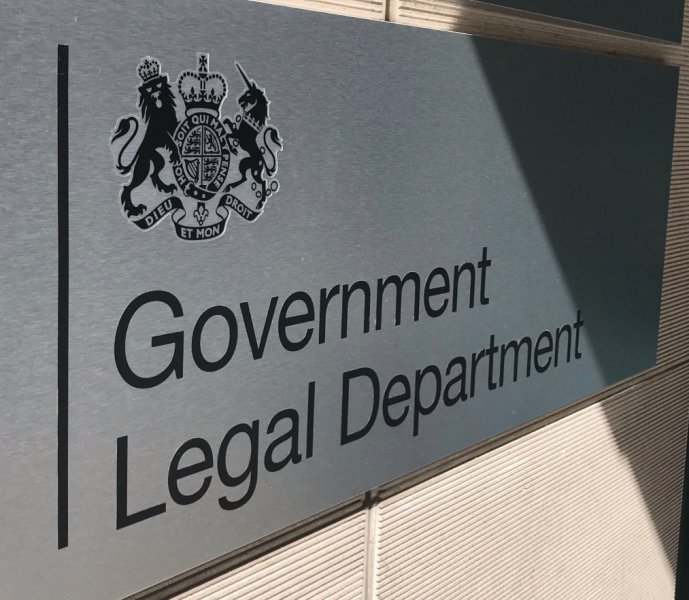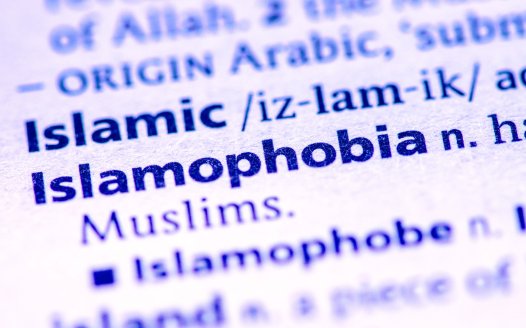Law Commission proposals risk chilling free speech, NSS warns
Posted: Fri, 8th Jan 2021
The National Secular Society has warned that Law Commission proposals on hate crime and communications offences in England and Wales could have a chilling effect on free speech.
The NSS said changes to the law on 'stirring up hatred' and communications risked restricting freedom of expression on religion in response to consultations from the commission on the proposals.
Hate crime laws
The commission has provisionally proposed a hate crime bill to bring together reforms on aggravated offences, which would extend and consolidate existing 'stirring up' offences.
The NSS urged the commission to ensure robust protections for free expression were put in place if these plans were to go ahead and warned against aspects of the plans, including:
- A proposal to remove a requirement to demonstrate that words were "threatening, abusive or insulting" where a speaker "intended to stir up hatred".
- Proposals to extend stirring up offences which currently relate to "written" material so they cover "all material". The NSS said this could lead to the criminalisation of those sharing cartoons of Islam's prophet Muhammad.
The NSS welcomed a proposal to retain current legal protections for discussion of religion and sexual orientation that protect "criticism or expressions of antipathy, dislike, ridicule, insult or abuse", and said similar protections should apply to any new characteristics that are included.
But the society warned that the commission's proposal to expand the list of characteristics that are protected under hate crime law "results in some inconsistencies". Categories under consideration for inclusion include goths, punks, sex workers and Humanists.
Communications offences
The commission has proposed replacing existing communications offences with a new offence which would criminalise communications "likely" to cause harm.
It says its aim is to "ensure that the law is clearer and effectively targets serious harm and criminality arising from online abuse", adding that this is "balanced" with "the need to better protect freedom of expression".
But the NSS warned that the proposed offence was imprecisely drafted, meaning it would be difficult to tell whether a communication would be criminalised until a test in court, with a chilling effect on free speech.
The NSS also warned that:
- A lack of defence for freedom of expression in the new legislation could mean the law being used to silence robust criticism of religion in some circumstances.
- The scope of the new offence would be too broad, as the law seeks to capture both personal harassment and public online posts not directed at individuals.
- The threshold for criminal intent was too low. The offence would only require the defendant to "intend to cause, or be aware of a risk of causing, harm to someone likely to see, hear, or otherwise encounter the communication".
The society wrote: "We are concerned that the proposed legislation could act as a modern blasphemy law where harsh and disrespectful communications on religion are criminalised because of the distress they cause to believers."
NSS comment
NSS head of policy and research Megan Manson said: "Any changes to the law around hate crime and communications should not undermine our collective right to freedom of expression.
"Aspects of the Law Commission's proposals would leave too much room for interpretation, which would have a chilling effect on free speech. We urge the commission to strike a better balance in protecting this fundamental right.
"Criminalising speech and expression risks infringing fundamental rights and undermining social cohesion. Such laws can have unintended consequences and be a counterproductive way of tackling hate crime or hateful extremism."
Notes
- The Law Commission is a statutory independent body, tasked with keeping the law in England and Wales under review and recommending reform where it considers it necessary.
- The NSS previously urged the commission to protect free speech in its review on hate crime, in a meeting with its representatives.
While you're here
Our news and opinion content is an important part of our campaigns work. Many articles involve a lot of research by our campaigns team. If you value this output, please consider supporting us today.








